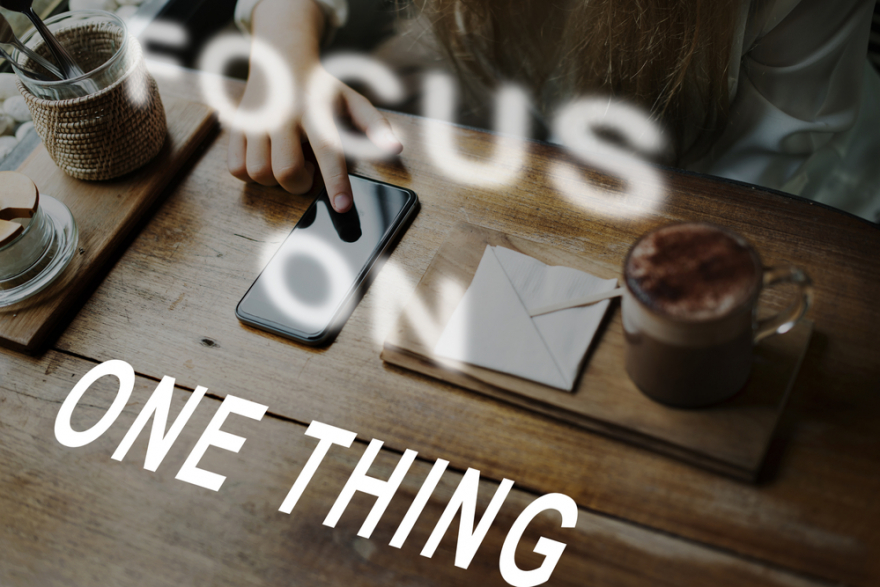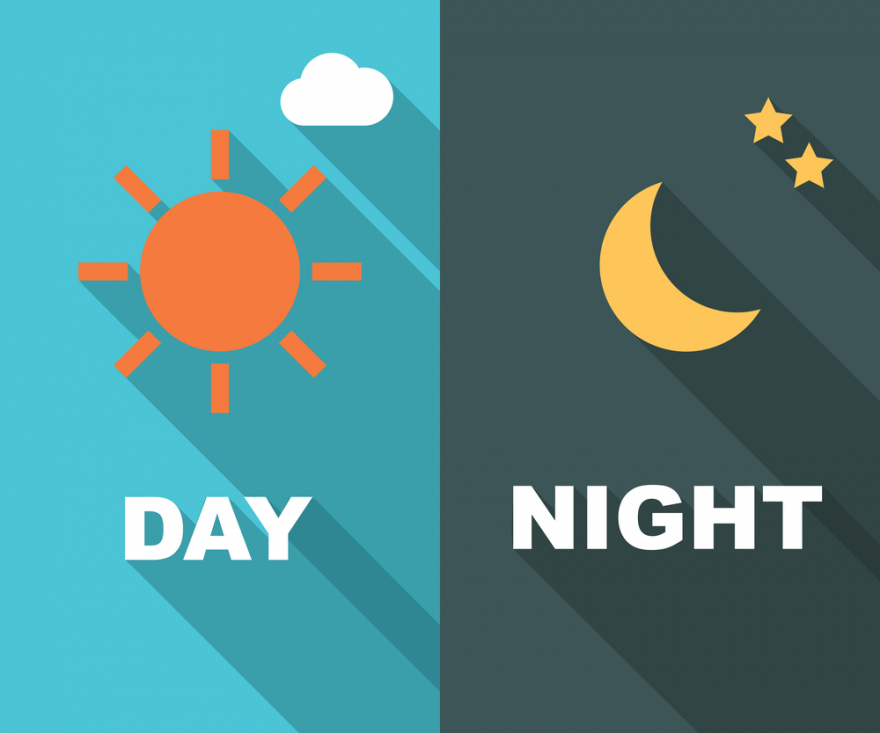|
Multitasking Hurts Your Productivity
Rev. Dr. Kitty Boitnott, NBCT, RScP
Heart-Centered Career Transition and Job Search Coach | Stress Management Coaching
If you’re like many people, you spend a great deal of your day engaged in multitasking. You may be so used to it that you aren't aware when you’re doing it anymore.
The younger you are, the more likely it is that you see multitasking as a strength. And frankly, many employers value it as a strength as well. They believe that multitasking saves time.
But many proven reasons show why multitasking is bad for us. It is much better to focus on one task at a time. In fact, focusing on only one activity at a time actually improves your productivity.
Some people like to multitask because they feel bored with working on one task at a time.
Why is multitasking so bad?
Well, for one thing, switching from task to task takes time you may not realize. This is the time that it takes for your mind to change gears for each new task. You have to take the time to remember where you left off. And as a result, you become less productive rather than more.
In fact, some studies show that multitasking increases your stress while actually reducing your IQ by several points.
Not convinced that multitasking is bad for you? Check out the following points:
1. Multitasking leads to attention and memory loss.
In findings published in the Proceedings of the National Academy of Science, Professor Clifford Nass showed that people who use online social media and other forms of electronic communications have trouble focusing their attention. It lowered their scores on memory tests.
2. Cognitive performance is diminished.
Another study was conducted by Zheng Wang, a professor at Ohio State University. His findings showed that multitasking caused students to feel more productive. But they were actually reducing their cognitive skills.
3. It turns people off when you are interacting with them.
People who multitask do so around other people. Think about how often you have seen people out on dates or with their families checking their respective phones instead of talking to one another. That's rude.
But it is also rude if you are in a meeting at work and you suddenly answer your phone or are clearly not listening to the conversation while you casually check your phone for email or text messages. It is disrespectful of your colleagues.
4. Multitaskers lose their ability to be as productive as their counterparts who focus on one task at a time.
Switching between tasks is counter-productive. You lose time and concentration every time you switch to a different task. Remember the studies above? They are just a couple of examples of similar studies with proof that this is true.
5. Multitaskers are less likely to finish a project of high quality.
Multitaskers may finish all their tasks for the day. But those tasks will most likely be sub-par in their quality.
Multitasking makes it difficult to focus entirely on each task you are doing. If you're thinking about email when you should be writing a report, what kind of report do you think you will generate?
You need to focus on one thing at a time.

Tips to improve your focus once and for all.
Maybe you want to focus on a single task. But out of habit, you find yourself easily distracted. Maybe your mind has gotten used to wandering, and you are having trouble learning how to focus on one thing at a time.
Maybe you’re worried about something that is keeping you from focusing. Or maybe you have so many tasks to do that you don't know where to start.
Here are some valuable tips on how to improve focus.
Meditation is a proven strategy for calming the mind. If you can’t dedicate 30 minutes to meditation, though, you can still do a short breathing exercise. Focus on your breathing. Pay attention to how the air touches your nostrils and enters your lips. How does it feel as it escapes?
Regulating your breathing relaxes your circulatory system and brings you a sense of peace.
2) Practice your listening skills.
Listen to music to help improve your focus. Really concentrate on the music. Try to focus on a single instrument. Don't listen to music while trying to work. You won't be listening then.
3) Cut your goals into small chunks.
Having an end goal in mind while working on the tasks to achieve it can be frustrating because your target goal might be too big or feel out of your reach. You may feel like you are spinning your wheels.
Instead of working toward the ultimate end goal, break your goal down into smaller, more achievable goals that you can reach within a few days. Then cross each smaller goal off your list as you achieve it. Notice your feeling of achievement and build your momentum from that.
4) Work according to your internal clock.
You will get your best work done if you work within your body’s most comfortable work cycle. Maybe you work best early in the morning before sunrise. Or maybe you do your best work late at night.
Work when you are most productive.

For example, many authors get up early to do their writing, while artists often do their best work late at night.
5) Eat light meals several times throughout the day.
Have you ever had a big lunch and then struggled to get through the afternoon? All you want to do is take a nap!
Eating a heavy meal slows you down and makes you lethargic. If you need or want to, you can go on a small juice fast regularly. It will keep you alert and help keep your body in good physical condition.
It's a good idea to exercise your mind and body every day. But you need to keep your mind sharp, too, so do crossword puzzles. Engage in lively discussions. Build something creative. As far as your physical activity, a simple 30-minute walk every day is all you need to keep your body healthy.
7) Force yourself if you have to.
You may need to push yourself some when you’re feeling lazy. If you are hitting a mental roadblock, however, take some time away from the task. Do something else until you can regain your focus on the original task.
Learning to improve your focus may take time. After all, some habits are hard to break. But it will be worth it in the long run. Begin by implementing one or two of these tips into your day, to begin with, and as you get better at focusing, you can add other tips. You will see an uptick in your productivity, and you'll feel better about yourself, too.
Until next time.
|